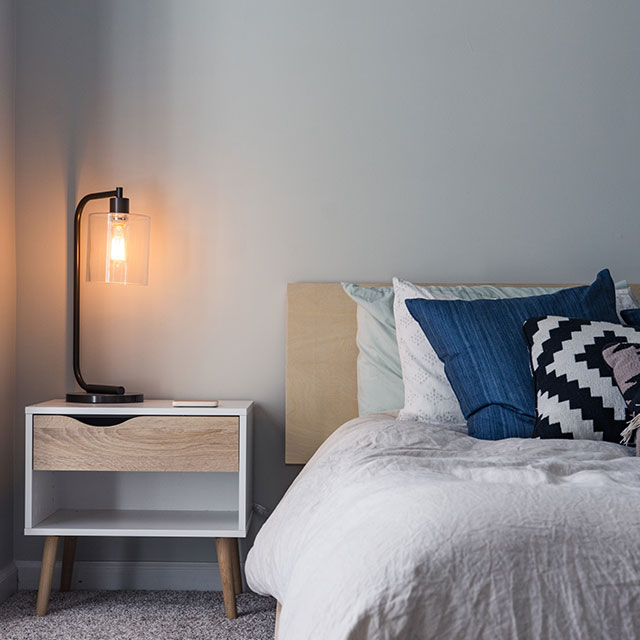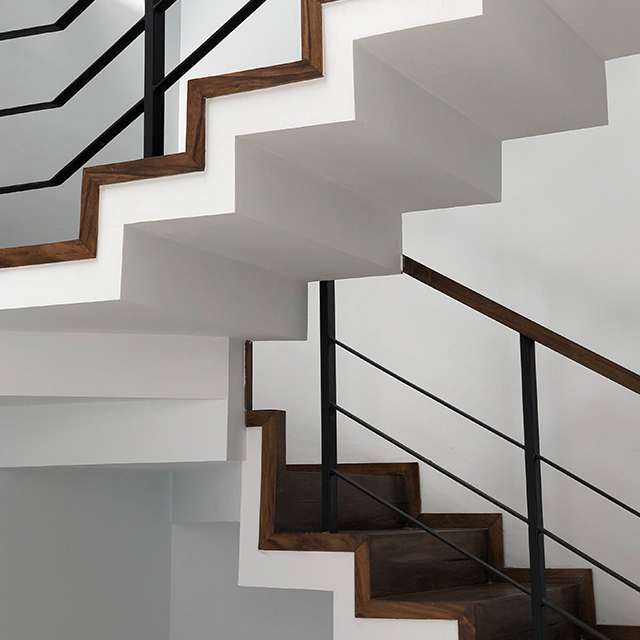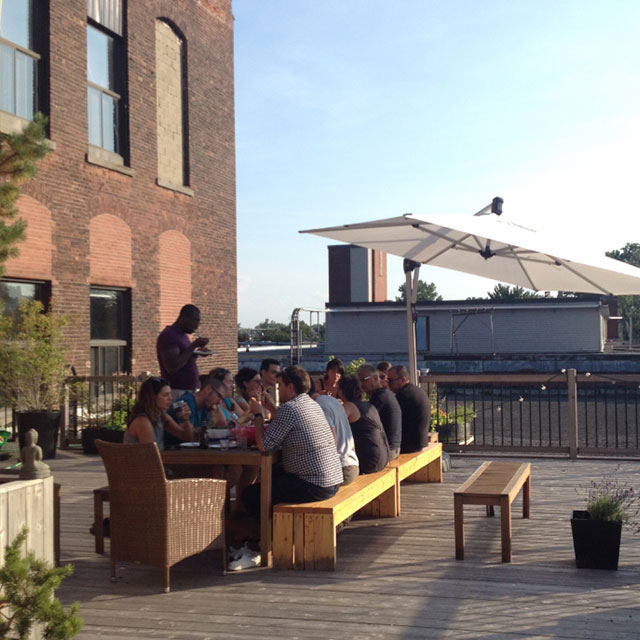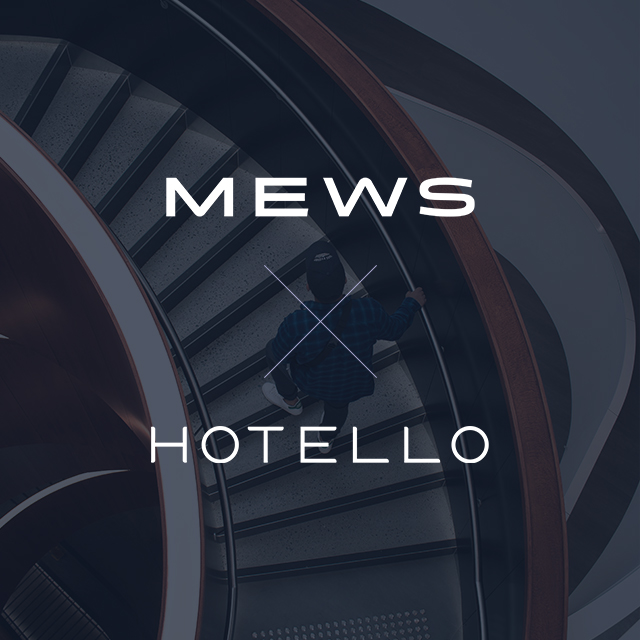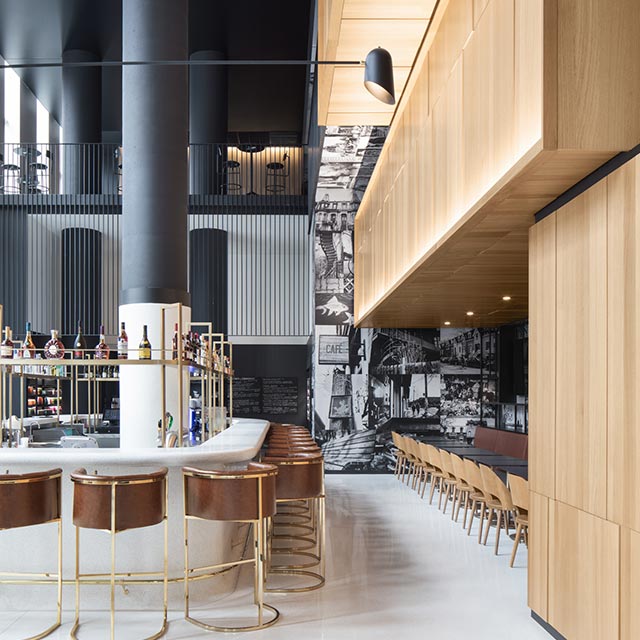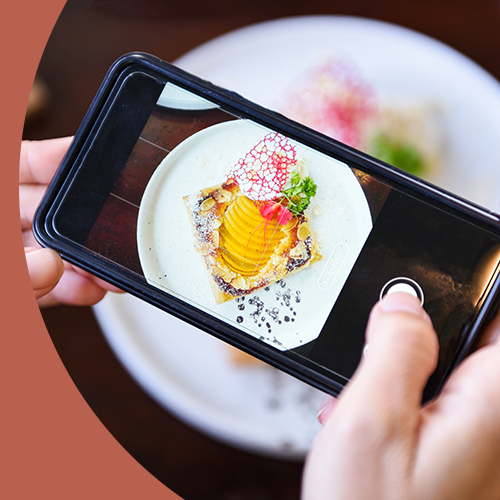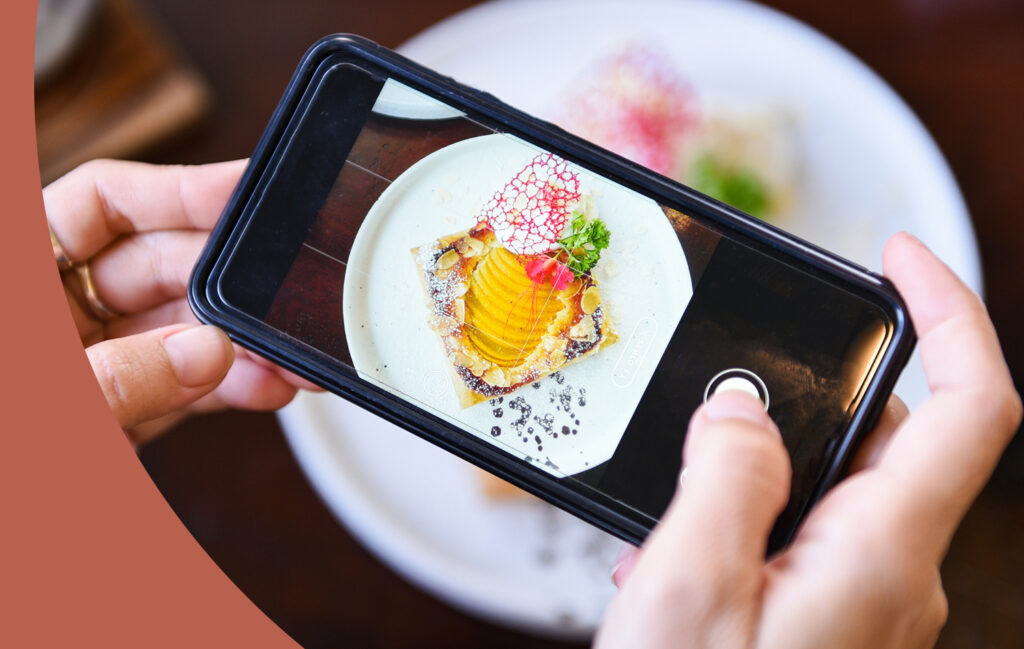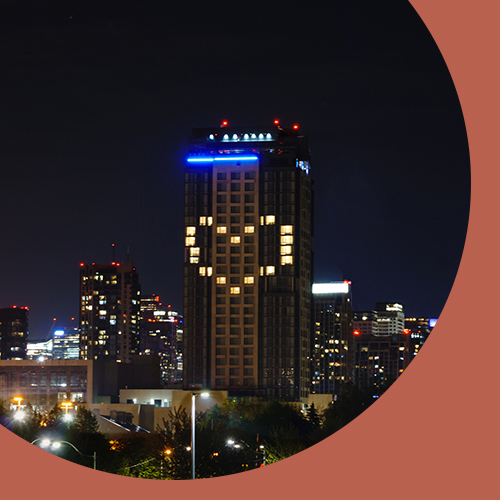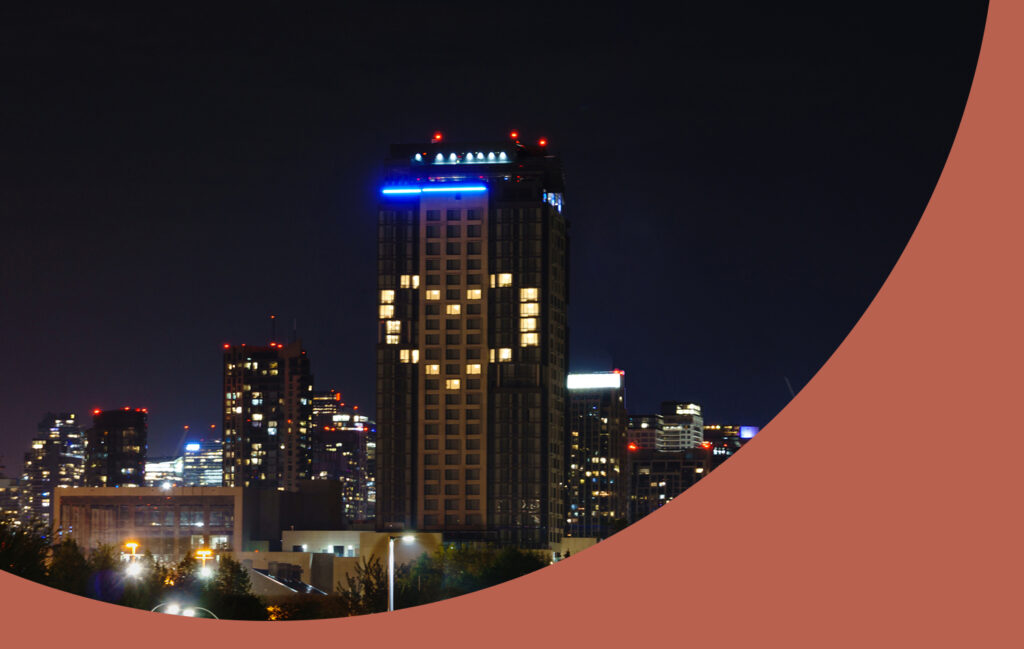Online booking tools, primarily created to optimize conversion rates, require some help in order to properly carry out their mission. Here are a few variables you should keep in mind to guarantee your online bookings.

The notorious Book now button
The first step for an online booking is to click the Book now button, which will then lead the potential client to your booking platform. While browsing through various hotel websites, one can notice how this button significantly changes from one website to another. Indeed, it varies by colour, size, location on the website, and also by its accompanying text. This button, which serves as a bait for the booking process, plays a significant role and should thus be conveniently located on your website. It needs to quickly catch your potential client’s eye and must stand out from the other content on your website. You must never assume that your Book now button is clearly visible. You may find this button conveniently located, however if you were the one who set it up and designed it, it might be more obvious to you than it is to your clients. It is therefore important to carry out a series of user tests before taking a final decision.
The Book now button must also follow the user while they browse through your website. For example, your client should never have to go back to the home page to find this button again. In the best case scenario, the button should always be visible on your client’s screen.
Your hotel’s presentation
The potential client has clicked on your Book now button and must now continue to have a pleasant and convincing experience to finalize their booking. Even on a booking platform, you must take each opportunity to show your hotel under its best angle. Each room you wish to sell online must come with specific, good quality pictures. You could also consider showing your client pictures that are not already available on your website. The potential client will then have a better idea of the type of accommodation you can offer.
It is also efficient to customize your booking platform so that the buttons’ colours are the same as the ones used on your website. The potential client should never experience a significant difference throughout their online experience, when going from your website to your booking platform. To showcase your commodities on your booking platform, consider choosing simple icons which are complementary to your visual identity.
Marketing stress
Marketing stress can be a useful technique when you only have a few rooms left to fill and you wish to optimize your occupancy. Marketing stress consists of notifying the potential client that there are only a few rooms left for the specific dates that they have chosen and thus creates a certain notion of urgency. This implies that the potential client should not wait too long to book should they wish to stay at your hotel. Marketing stress will also give your client the impression that many other clients have already chosen your hotel, and that therefore they will make the right choice by also choosing to stay with you.
Promotional codes
Offering promotional codes is an excellent way to improve your clientele’s loyalty and increase your hotel’s occupancy rate. By offering them a promotional code which gives them a discount on their next stay, your clients will be more likely to stay at your hotel for their next trip. In fact, if they already know that a cheaper rate is available to them at your hotel, other options will not seem as interesting to them in comparison (and they will have already experienced a stay at your hotel). This promotional code can be valid for a couple of years or you can pre-determine a limited amount of time for which it will be valid.
Using options
When your potential client is well into their booking process, it is time to offer them options which can increase their final transaction amount. You can thus offer them, for example, on-site parking, a wine bottle upon arrival in their room, breakfast, lunch, dinner or even Wi-Fi, all of these services being for a certain fee. In reality, any additional service a client can purchase on the phone should be available to them online. This will increase the average final transaction for your clients and will also provide you with more accurate forecasts as to which products will sell each day.
Offer online packages
Packages are probably the most delicate thing to market online, especially due to the uncertain availability of various factors: the staff availability when it comes to a package with a massage and material availability when to it comes to a package with equipment rental. Nevertheless, marketing your packages online is a great opportunity if your inventory management is offered by your hotel management software or your booking platform.
You can also decide not to market all of your packages online, however you should still keep the most popular ones in order to allow your potential clients to book them online. This way, the person looking to book their stay at your hotel will be able to do so online at any time and will not have to call your front desk. Marketing your packages online will allow you to conduct more efficient marketing campaigns. For example, when you send a newsletter promoting your newest package, you will be able to add the package’s booking link, so that your clients will be able to book the package online directly without having to call you.
In order to optimize your online bookings, your PMS software and your booking platform must obviously be linked to avoid overbooking. You will be spared of any manual tasks involving rate and inventory adjustments, allowing you to focus on optimizing your online bookings using all the techniques mentioned above.

 Log in
Log in
